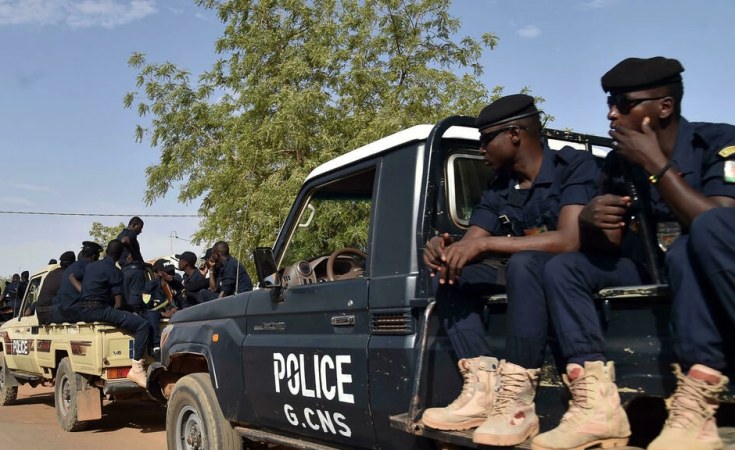Nairobi, Kenya — It's been three days since coup leaders in Niger ignored a deadline by the West African regional bloc ECOWAS to return Niger to civilian rule or face serious repercussions, including the possible use of force.
On Tuesday, the coup leaders refused entry to a joint delegation from African countries and the United Nations ahead of yet another meeting by ECOWAS on Thursday to decide what to do next.
Meanwhile tensions are high as many in Niger disagree with the idea of a West African military intervention.
Bibata Niandou Barry, a lawyer based in Niger's capital, Niamey, was a Cabinet minister under former President Mamadou Tandja, who led the country from 1999 until 2010, when he was toppled in a coup.
Barry told VOA she is against any kind of military intervention.
Since Sunday, ECOWAS has imposed more sanctions, which Barry said will suffocate the country. She said the people will follow the person who is seen as giving them "some oxygen to breathe."
She called the sanctions illegal and illegitimate and said they were not working toward solving the problems.
She also said that the sanctions are related to big turnouts in Niamey in support of the junta.
Supporters of ousted President Mohamed Bazoum have also come out to demand his reinstatement as president. On Wednesday, former rebel leader and politician Rhissa Ag Boula launched a pro-Bazoum movement, the Council of Resistance for the Republic, opposing the junta.
Sean McFate, a professor at Syracuse University and the National Defense University in Washington, said he doesn't think ECOWAS' ultimatum poses a serious threat to Niger.
"Niger is looking toward Russia and the Wagner Group the way that Mali has, Sudan has and to some extent Burkina Faso has and the CAR [Central African Republic] have," McFate said. "ECOWAS is mostly a hollow organization. It has some diplomatic uses, but as a military organization, it's lacking."
The crisis in Niger is the latest in a region of Africa familiar with military takeovers of democratically elected civilian governments. Some analysts express concern that more political instability is on the horizon, particularly if paramilitary forces such as the Russian-based Wagner Group indicate their readiness to support coups.
The U.S. Treasury Department has accused the Wagner Group of mass executions and physical abuse in the Central African Republic and Mali.
In the case of CAR, some analysts have told VOA that Wagner plays a vital role in the country's security, especially a few years ago when it helped oust armed rebels who opposed CAR President Faustin Archange-Touadera.
The Sahel, a vast area of northern Africa just below the Sahara desert, has seen coups recently in Mali, Burkina Faso and Guinea. And more military takeovers may be coming, McFate said.
"The Wagner Group's business model is to coup-proof coup makers, and they've been doing this for several years now," he said. "I think their success at doing this has a lot of four-star generals around sub-Saharan Africa thinking that maybe they can approach [Wagner leader Yevgeny] Prigozhin and ask them for a similar deal that Mali got and others have gotten, too.
"So, I think we actually are going to see more coups. If Africa wanted to stop this, it would be very difficult. You'd have to go after the Wagner Group, and that would mean to some extent going after Russia."
Russia recently hosted African leaders in the second Russia-Africa summit in St. Petersburg to strengthen cooperation in peace, security and development with the African nations.
There are no indications the Wagner Group was involved in the coup in Niger, according to U.S. Secretary of State Antony Blinken, who also said the group might take advantage and exploit the current situation.
Niger has been a key ally to the West in the fight against militant groups such as Islamic State and al-Qaida in the Sahel region.


